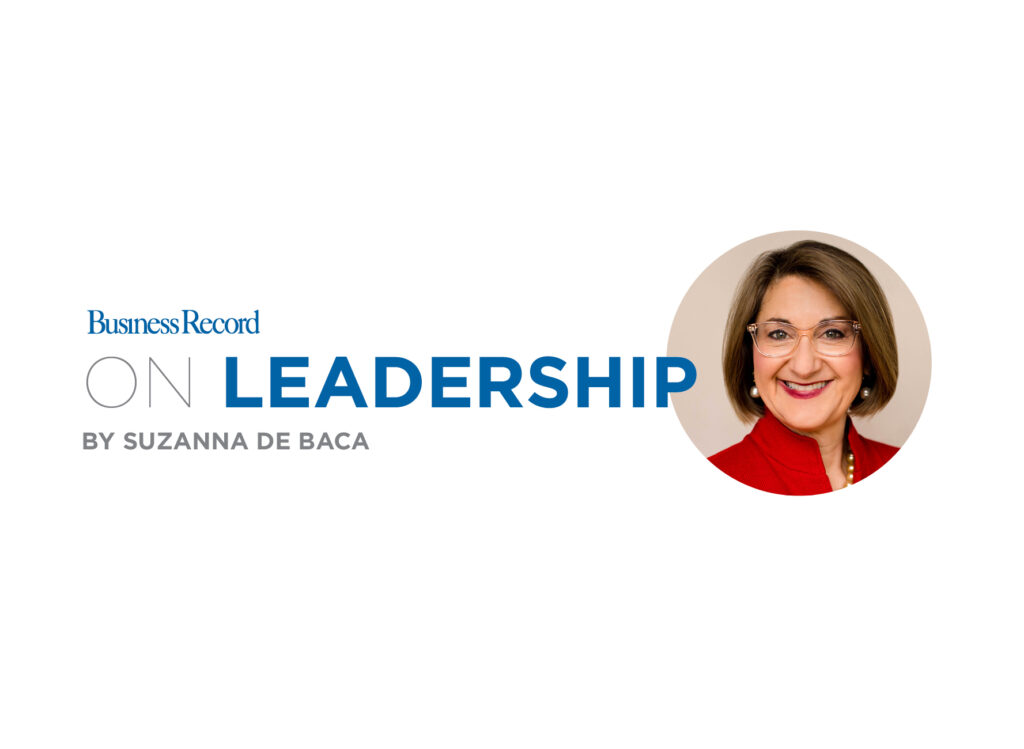TRANSITIONS: Recycling for dollars

As the week began, the Iowa Legislature hadn’t quite given up on extending the “bottle bill” regulations to cover more types of beverage containers. It’s a difficult situation, though. Opponents don’t want to create even more ill will at grocery stores, where most of the recycling takes place – and where legislators often buy sandwich meat that is handled by people who might recognize them.
The proponents, meanwhile, must think that Iowans will recycle only if they’re forced into it financially. I don’t know how they got that impression, unless they glanced at a roadside ditch one time.
If this proposal eventually becomes law, thus tripling or quadrupling the recycling load for a typical consumer, my only suggestion is that it would be nice to make the recycling process a little more efficient.
I’ve tried every time of the day, every day of the week and various stores, but it doesn’t matter. When I walk into the cramped recycling area at a supermarket, some guy is always there with four or five full-sized trash bags crammed full of Bud Light cans and has just started inserting those cans, one by one, into the recycling machine. It might be the same guy every time, come to think of it.
A young man who drinks heavily and creates problems – now I’m nostalgic for my high school classmates.
Ah, but there are other machines in that sticky little room, aren’t there? Yes, but unfortunately they’re not available at the moment. They’re all beeping in a seizure-inducing way, demanding attention from the poor fellow assigned to recycling duties. He will sprint to it as soon as he can, but he’s thinking he should check the roof for meteorite damage just one more time.
Maybe it’s true; maybe only truly exceptional citizens make the effort to recycle containers without money at stake. The kind of citizens who deserve an award that only secondarily happens to include cash. Citizens who might be excellent choices for the cover of Recycling Today magazine.
Citizens like me, for example.
We don’t have curbside recycling out in the country, I guess because we don’t have curbs. Ipso facto, as they say in the lawyer business, there can be no curb-related activities. Res ipsa loquitur. Now I’m thinking about how much fun it would be to be a lawyer, with a really nice briefcase.
Out there, without the luxuries that city dwellers take for granted – streetlights, bus service, spotting Erin Kiernan at the mall – there’s no easy way to recycle things that even the vultures turn up their beaks at.
Rather than simply give up and throw our plastics in the dumpster, I have instituted an elaborate recycling system. First, I trudge out every weekend and transfer our used containers to an empty 3,000-bushel steel grain bin; then, once a year or so, we load them into the pickup truck, cover them with a heavy tarp and haul them to the recycling station seven miles away. It’s just as convenient as it sounds.
If you don’t have a place to store several months’ worth of empty milk jugs, this is your lucky era – the era of news people pretending to be reader-friendly. So: You, too, can own a grain bin simply by snapping one up at a farm auction and then renting a Chinook helicopter to haul it home. Or maybe just the helicopter and working quickly on a dark night. Now I’m thinking that we got a little too fixated on the grain bin idea, but it’s time to move on.
Because now I’m picturing the future of plastic recycling. In the golden era of enlightenment that lies just beyond the next two or three global economic meltdowns, every home has a shredding and baling station in the basement. It’s easy, it’s fun, and it might be the only practical way to keep this recycling concept going, because I’m already dreading my next trip to the store.






